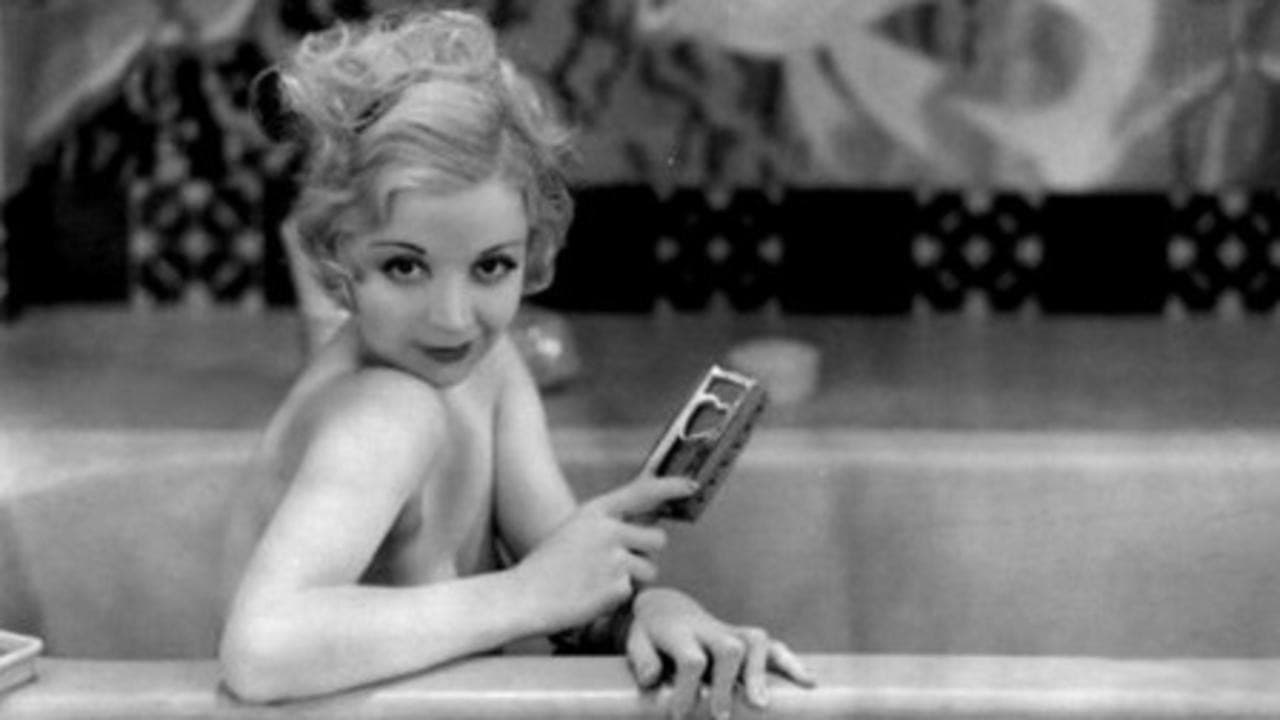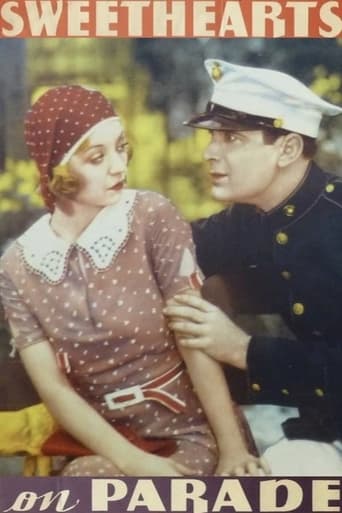Baseshment
I like movies that are aware of what they are selling... without [any] greater aspirations than to make people laugh and that's it.
Matrixiole
Simple and well acted, it has tension enough to knot the stomach.
FirstWitch
A movie that not only functions as a solid scarefest but a razor-sharp satire.
Hadrina
The movie's neither hopeful in contrived ways, nor hopeless in different contrived ways. Somehow it manages to be wonderful
kidboots
"Another nice little girl from the country goes to the city .... and another movie plot is born" - that was Photoplay's less than enthusiastic review, although they spoke glowingly of Marie Prevost - "looking like your kid sister and proving they can come back"!!! Does it really matter how good or bad the movie is - as long as Alice White is the star!! She is cute and peppy in whatever role she plays. My copy is a silent as well - for 1930 it is extraordinary. There are quippy little titles and musical accompaniment but viewing the movie, it looks as though it started life as a talkie. I believe that even by 1930 some country theatres still hadn't converted to sound. It was a massive undertaking and very expensive, may be some cinemas were waiting until the last minute to see if talkies were only a fad.Two snappy sisters meet in a park. Helen (White) has just arrived from Juneville - "there aren't many working girls in Juneville" to which her witty friend Nita (Prevost) replies "There aren't that many working here - most of them are working men"!!! Both of them find a job in Hyson's Department Store - Nita as a demonstrator and flirty Helen as a sexy bath model in the store's window and the scene is proving extremely popular with the man on the street!!! (It is a very risqué scene, even though White is revealed to be wearing a bathing suit, in the bath not much is left to the imagination)!! Helen then meets up with a dashing marine who almost creates a riot when he thinks the crowd is getting fresh with his girl.The story is pretty flimsy, even for an Alice White movie and that's saying something. Before Bill (Lloyd Hughes) sails he gives Helen a ring and she promises to be true but it doesn't take long, with Bill out of the picture, for a Mr. Hendricks (Kenneth Thompson, who was also the heavy in "The Broadway Melody") to come on the scene and, I'm sorry, but White seems a bit too knowing to play the innocent and to think that "Mr. Hendricks" only wants to be friends. It is up to Bill, who has shore leave, to straighten things out with yet another fight!!This movie was directed by the fast fading Marshall Neilan who showed none of the flair and inventiveness that had characterized his earlier movies. He was on a downward spiral - the same year (1930) Mary Pickford signed him to direct her in "Secrets" but the production was closed down and after "Sweethearts on Parade" Neilan did not direct again until "Chloe" in 1934.
boblipton
I should caution any reader that this review is made on the basis of seeing the silent version of the movie. Actually "Silent" is probably the wrong word to use. Certain factors, like the speed at which people move, convince me that this version was produced by some severely different editing; not only is time taken from the picture for the titles, but people seem to move at a very leisurely pace. As this movie was distributed by Columbia, which enjoyed the business of supplying films to small town houses that still hadn't wired for sound -- and which would be out of business in a year -- they doubtless thought it a worthwhile investment to spend the money for the editing staff.In any case, this is a very nice little comedy as Alice White and Marie Prevost look around for rich young men even as servicemen fight over their charms. Alice's day job involves being a department store window mannequin and on the Monday in question, she is taking a bath in a window to draw in the crowds when....Director Marshall Neilan came out of comedy directing and handles the rather subdued pacing well. We get a nice crosscurrent between the ladies' gold-digging and Lloyd Hughes and Ray Cooke's WHAT PRICE GLORY-derived service rivalry, albeit without the fireworks that the play and movie versions showed.The net result is a rather neat cross between a romantic comedy and a buddy comedy. I don't expect anyone to be surprised by any of the plot twists, but as a model of how to merge the two genres with no hard feelings, it's a nifty little piece for just over an hour.

